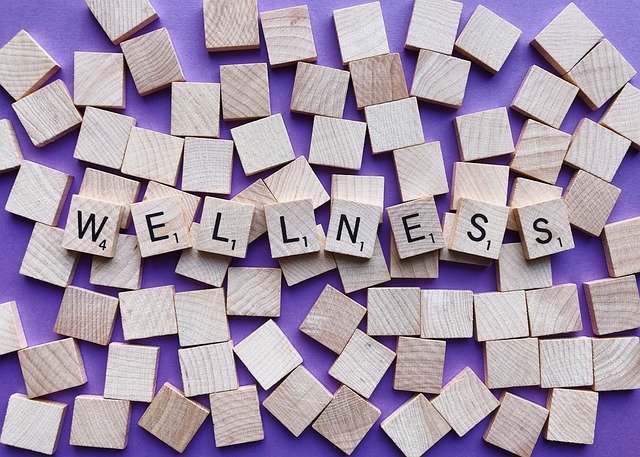
What is emotional wellness
First, we have to understand emotion. Emotion is a situation where we show our feelings or behave in response to a particular incident. What we feel toward or about something is a term of emotion.
Emotional wellness is a state of mind that influences our mood, whether it is good or bad. If our emotions are normalized and balanced, we usually maintain self-control and remain in a stable state. However, if our emotions are out of control and disrupt our good state, we tend to feel unwell.
An emotional state is crucial for our mental outlook. A negative emotional state often makes us feel bad, while a positive emotional state provides a good vibe. Emotional states involve feelings such as love, anger, hurt, hatred, joy, and sadness. It reflects how our feelings will influence our thoughts and behavior.
Emotional wellness is a practice we gradually embrace in daily life. A mix of our habits, lifestyle, culture, social values, and family upbringing shapes how we react, act, or behave.
In today’s fast-paced world, we engage in various activities from a very early age. This sensitive issue often goes unnoticed. However, emotional well-being is essential for being healthy both physically and mentally.
There are different stages in our life, and emotional well-being has corresponding stages as well.
Basically, 4 stages can be found in this process:
- Childhood Stage:
The very initial stage where we get our first lesson in being happy or sad. This stage teaches us how to express our feelings or needs.
The basics of our lifelong foundation are formed at this stage, so proper attention and care are needed. Adequate nutrition and emotional attachment, alongside love and care, are essential in this early stage of life. Time and attention are crucial for children to form a core understanding of how to express their feelings and emotions. - Adult Stage:
Adulthood is the entry-level of experiencing a mix of emotional elements. In this stage, emotions start to find their limits, but there is often a desire to push boundaries. The borderlines and expectations are defined here, and both the positive and negative aspects of feelings are strongly exposed.
This stage requires adequate information absorption as it forms the foundation of understanding how one should behave emotionally in various situations. Emotionally resilient people are more adaptable. Proper monitoring, a balanced diet, and nutritional supplements are important in this stage. Significant changes occur here, so maintaining healthy food habits is essential. - Middle Age:
Middle age is a sensitive period, as we enter the aging process. Emotional wellness in this stage requires attention to several factors. Life usually becomes filled with stress and pressure. We deal with numerous responsibilities, which often leads us to overlook our mental well-being.
Food habits, stress management, and exercise become important considerations at this stage. Middle-aged individuals often lack someone to share their feelings with due to busy schedules involving work, social life, and family obligations. We must remember to care for ourselves. - Emotional Wellness in Senior Age:
After middle age, we enter the senior aging stage. During this period, we may struggle to accept changes in our emotional state. Aging brings a shift in the ways we express and experience emotions, requiring a certain level of acceptance and adaptability.
We need to care about accepting many things naturally. Emotions like anger, sadness, joy, and fear are natural processes. Attention to dietary charts, low-impact exercises, and regular health check-ups are recommended. Social engagement and family bonding are essential to combat loneliness, and mental exercises are crucial for emotional well-being.
Exceptions:
As we all have different lifestyles and cultural backgrounds, emotional states can vary. Thus, diverse approaches may be required, including changes in nutrition.
Emotional wellness is a lifelong journey. We need to follow routines and understand our emotions, self-awareness, and acceptance of anger and sadness. Life is a mix of everything, and we are here to act on it. Challenges bring negative emotions, impacting our routine. If we accept situations and embrace changes, we can resist emotional breakdowns. It is often believed that emotional or mental state defines our physical state, so resilience is essential to progress in life.
Building emotional resilience and wellness doesn’t happen overnight. It takes daily practice. Once we incorporate this into our lives, we can explore our inner selves and learn how to regulate our emotions—whether to limit sadness or cherish joy for longer so that we can recall those moments during tough times.
